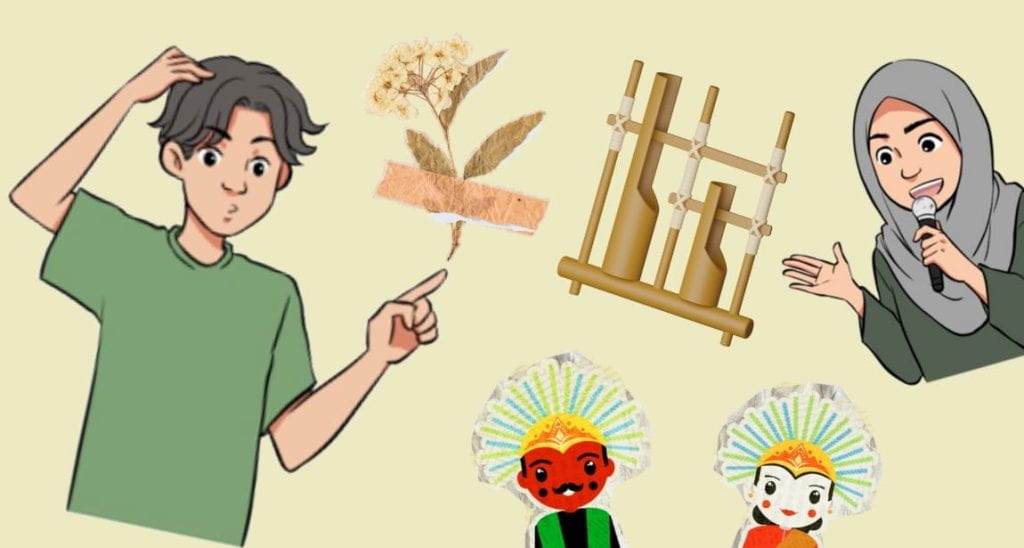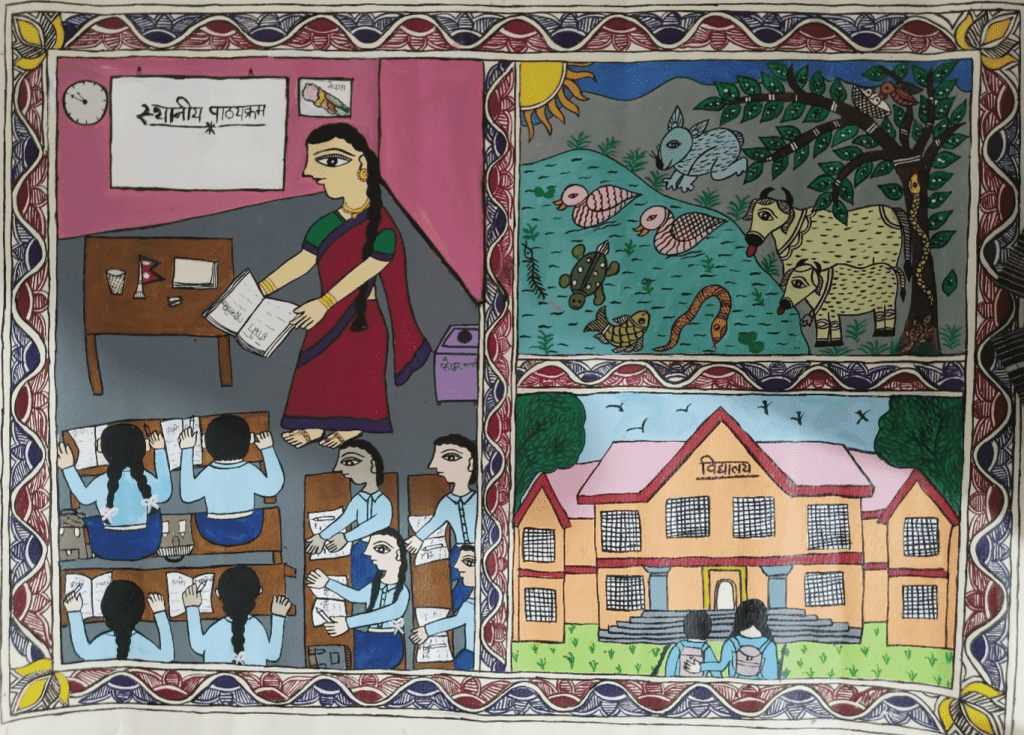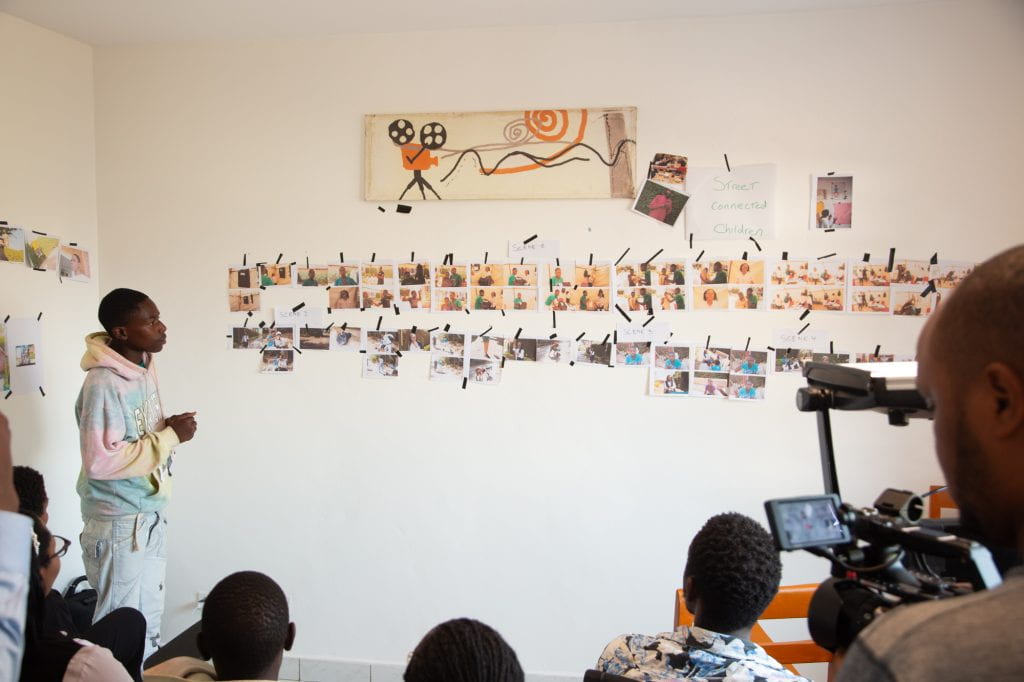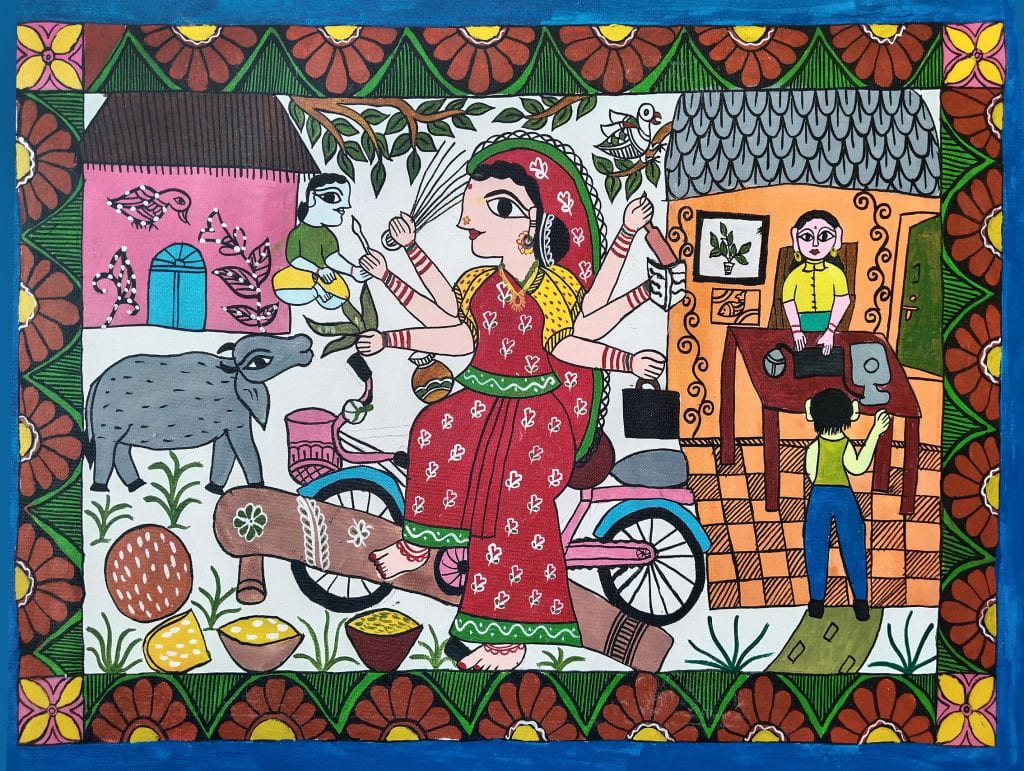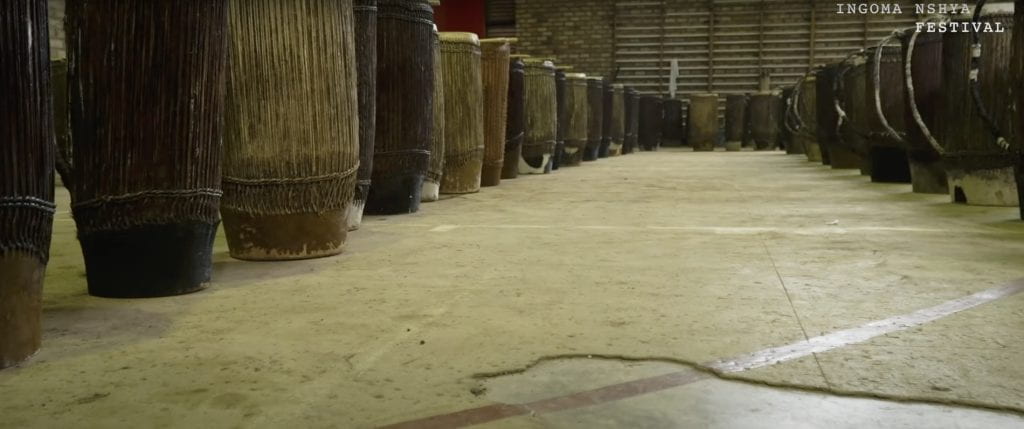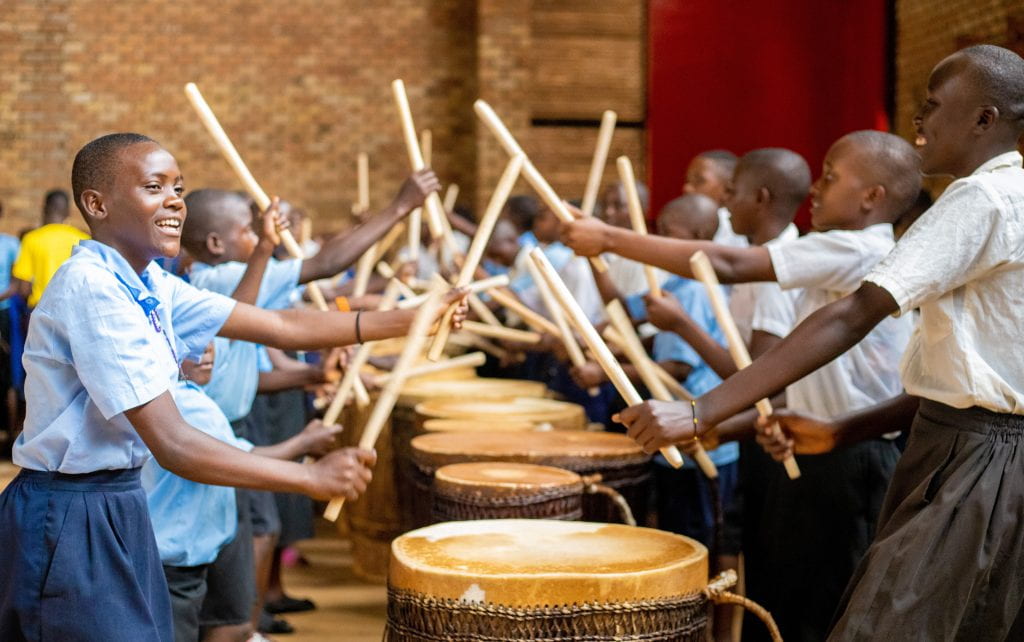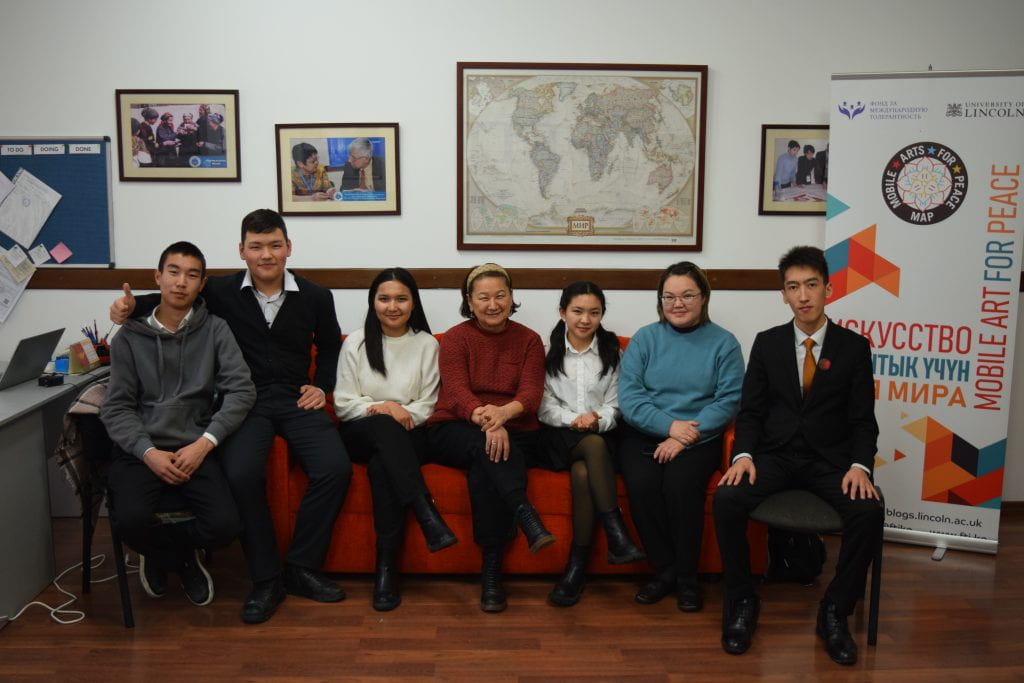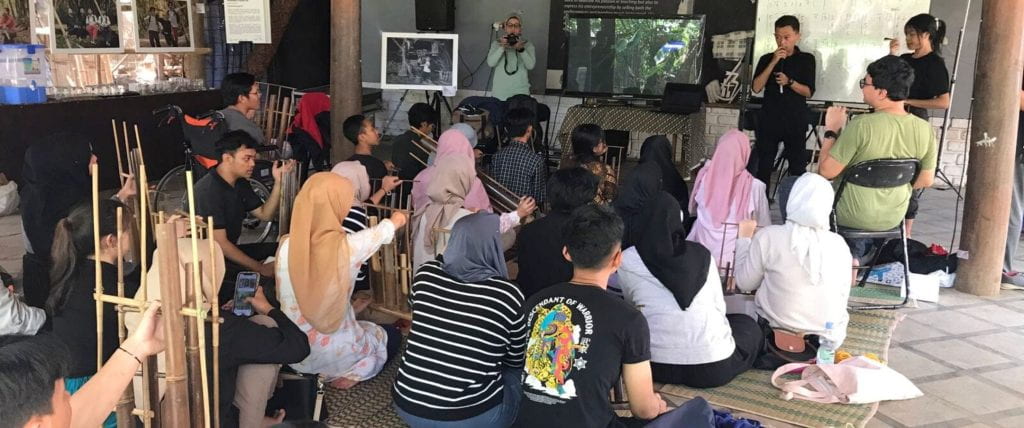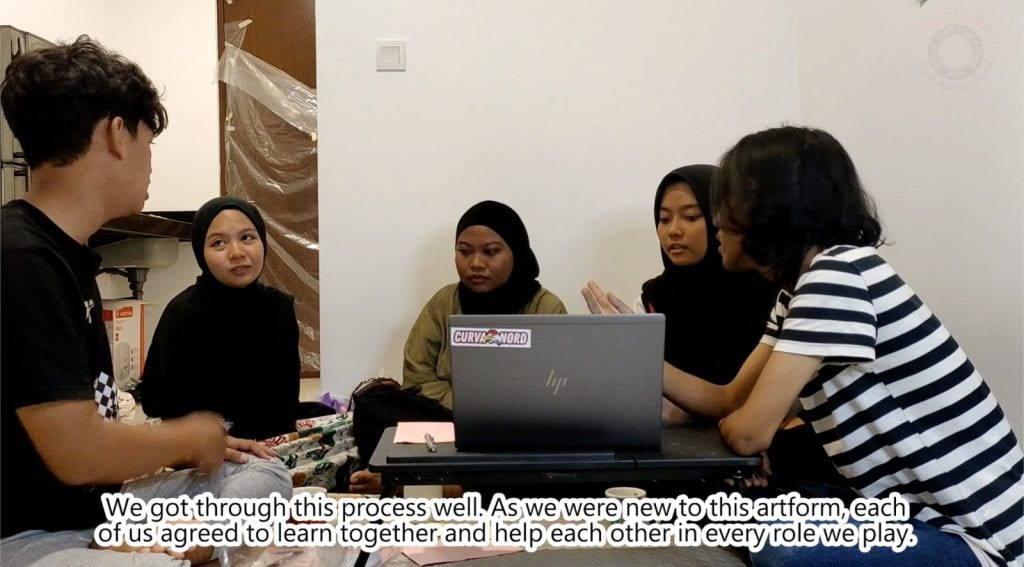About the Conference The MAP International Online Conference 2025 from 10-11 July brought together youth researchers, practitioners, and scholars to further arts-based peacebuilding with children and young people. This year’s conference marked a key milestone with the UK National Commission for UNESCO endorsing our proposed UNESCO Chair in Arts-Based Methods for Peacebuilding with and for Children and Young…
MAP International Online Conference 2025


